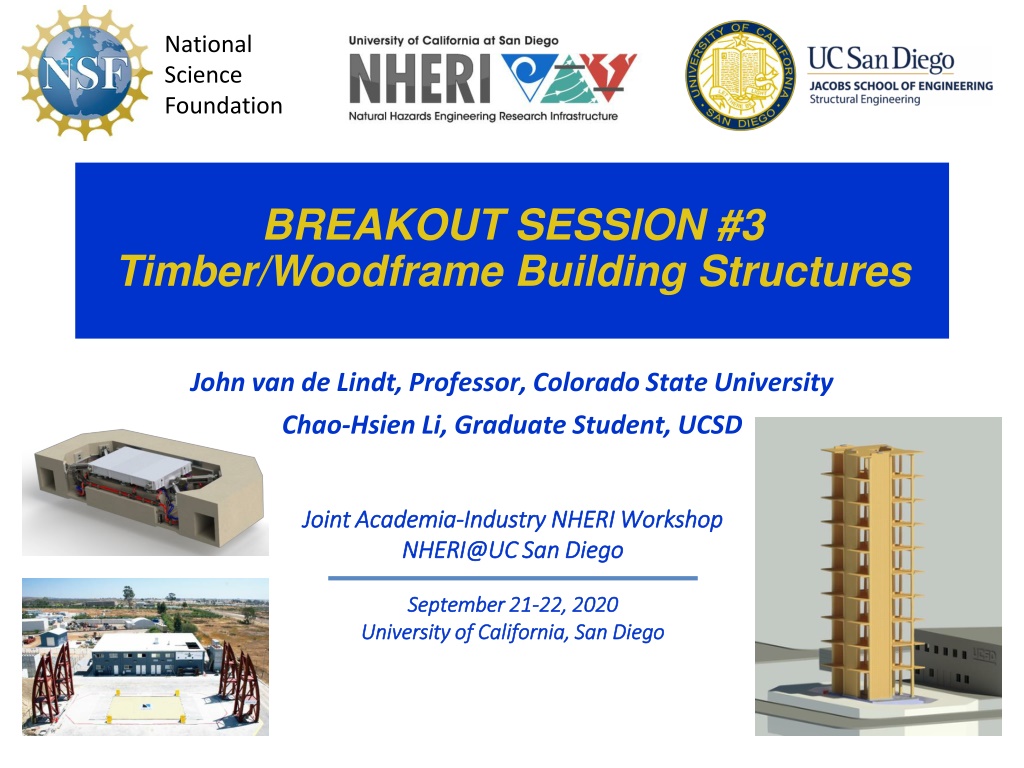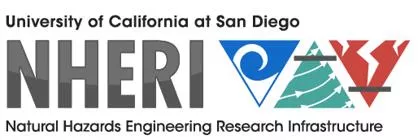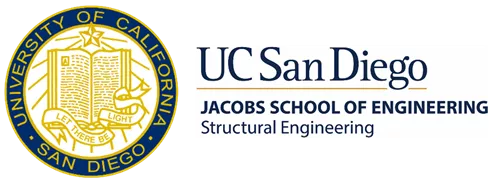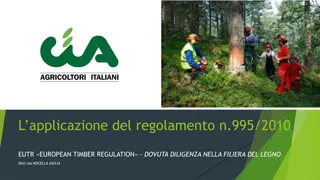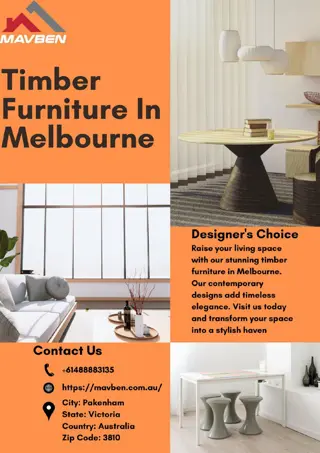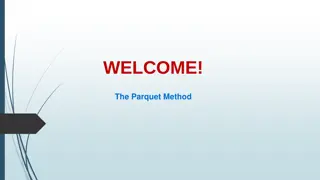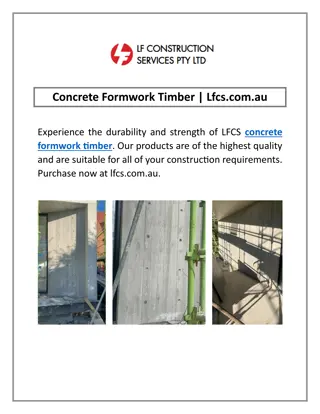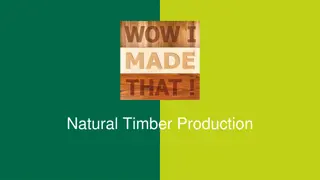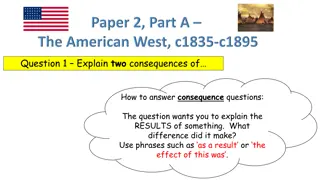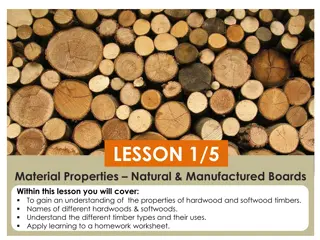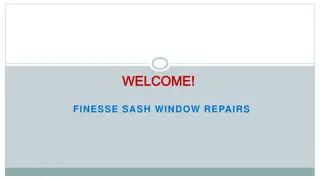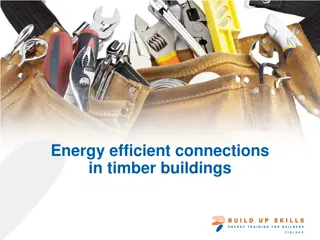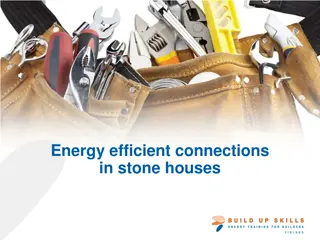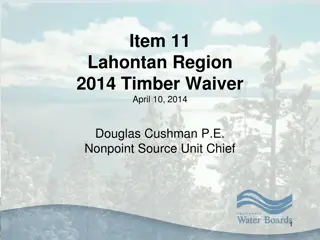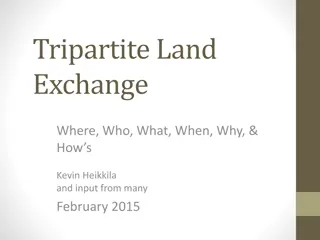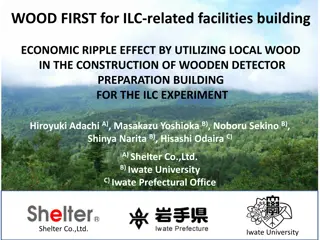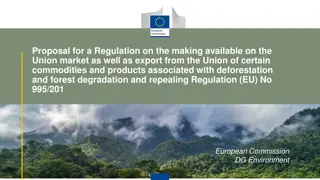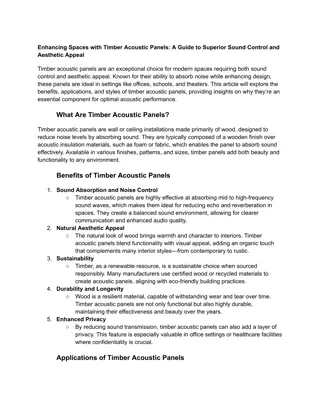Timber Building Research Workshop
Timber/Woodframe building structures were the focus of a breakout session at the NHERI Workshop. Priority research areas identified include developing cost-effective modification devices, enhancing wood building design, and achieving community resilience goals. Collaboration between academia and industry is seen as crucial for developing innovative products in this field.
Download Presentation

Please find below an Image/Link to download the presentation.
The content on the website is provided AS IS for your information and personal use only. It may not be sold, licensed, or shared on other websites without obtaining consent from the author.If you encounter any issues during the download, it is possible that the publisher has removed the file from their server.
You are allowed to download the files provided on this website for personal or commercial use, subject to the condition that they are used lawfully. All files are the property of their respective owners.
The content on the website is provided AS IS for your information and personal use only. It may not be sold, licensed, or shared on other websites without obtaining consent from the author.
E N D
Presentation Transcript
National Science Foundation BREAKOUT SESSION #3 Timber/Woodframe Building Structures John van de Lindt, Professor, Colorado State University Chao-Hsien Li, Graduate Student, UCSD Joint Academia Joint Academia- -Industry NHERI Workshop Industry NHERI Workshop NHERI@UC San Diego NHERI@UC San Diego September 21 September 21- -22, 2020 University of California, San Diego University of California, San Diego 22, 2020
Participants Participants John van de Lindt, Professor, Colorado State University Larry Stevig, Principal Researcher, State Farm Steve Pryor, Advanced Research Manager, Simpson Strong-Tie
Identified Priority Research Areas Identified Priority Research Areas Systematic research program to develop inexpensive responses modification devices Simplify code provisions for implementation in LFW Utilize vertical components Development of improved design provisions for wood buildings with reasonable cost ATC116-increasing strength and stiffness Short-period building focused Functional recovery of wood buildings Structural/nonstructural components Identify required building performance levels to achieve community resilience goals
Academia Academia- -Industry Collaboration Opportunity Industry Collaboration Opportunity Development of commodity and proprietary products will require industry-academia collaboration
